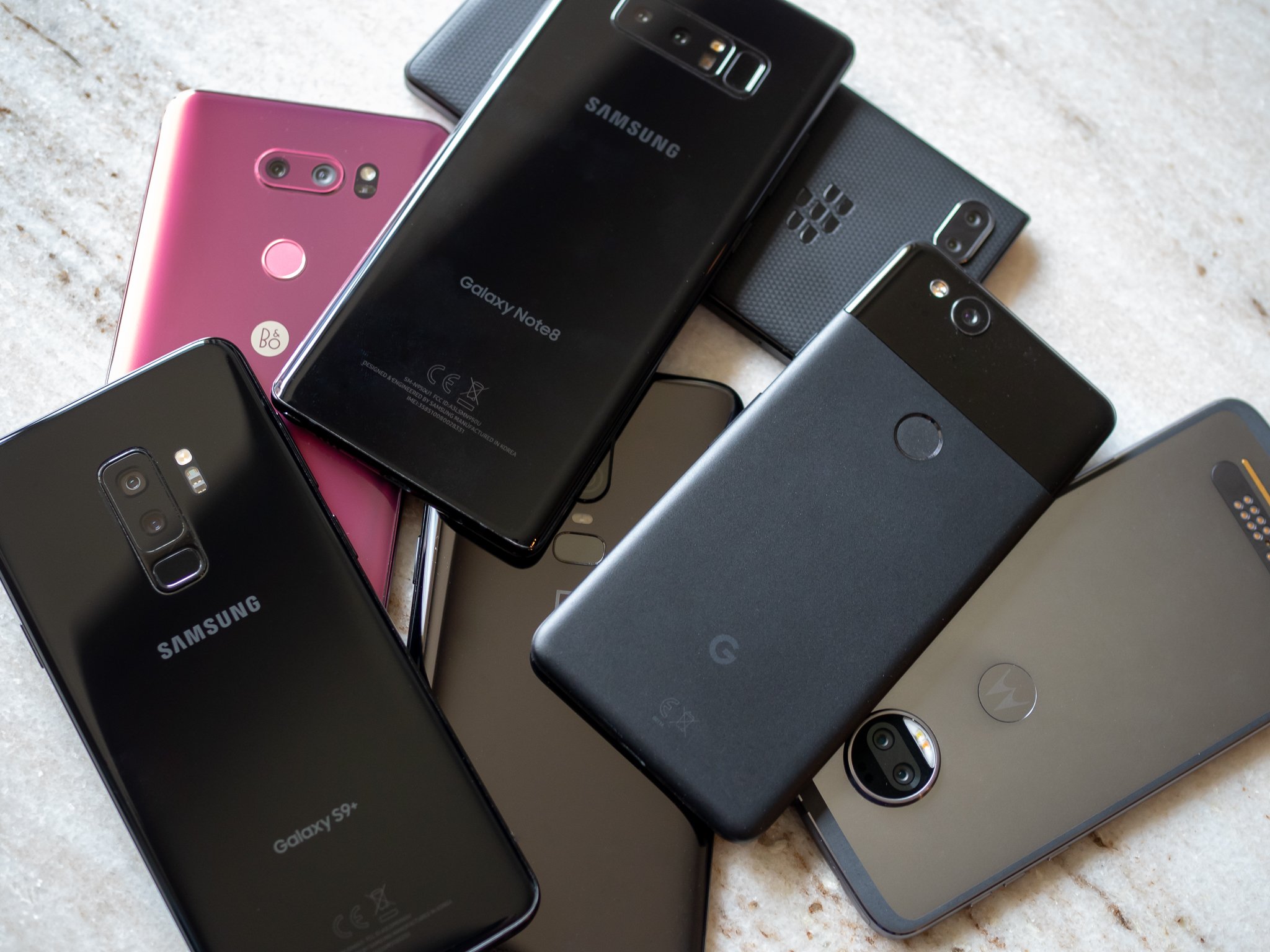Thanks to its new product strategy, Samsung's market share increased to 22.4% in Q3 2019 from 20.4% last year.
What you need to know
- Canalys has reported that the global smartphone market grew by 1% in the third quarter of 2019.
- Market leader Samsung shipped 78.9 million smartphones during the quarter, up 11% from last year.
- Huawei also witnessed recovery in Q3 2019, with shipments increasing by 29% compared to the same period last year.
Technology market analyst firm Canalys today released its smartphone market pulse report for the third quarter of 2019. After two years of continuous decline, Canalys says the global smartphone market finally saw an increase in shipments in the July to September period this year.
As per the report, total smartphone shipments in Q3 2019 hit 352.4 million units, up from 348.9 million during the same period last year. Just as expected, Samsung topped the rankings with 22.4% market share and shipped 78.9 million smartphones. Thanks to the company's revamped A series lineup and the increased number of models in the high-end segment, the company saw an annual growth of 11% in the third quarter.
Huawei, on the other hand, saw smartphone shipments rise to 66.8 million during the quarter, an impressive growth compared to Q2 2019 as well as Q3 2018. It also registered the highest annual growth (29%) among all major smartphone vendors.
Commenting on Huawei's growth in Q3 2019, Canalys senior analyst Ben Stanton said:
Huawei is not out of the woods yet. Its shipments overseas in Q3 were focused on pre-Entity List models, with P30 Lite its best shipper, at close to three million units. But its post-Entity List models, like Mate 30, bring uncertainty because there is resistance from channels in critical overseas markets, like Europe, to support Huawei devices without Google Mobile Services. Huawei does have the potential to rapidly bring GMS to its devices if the political situation changes, but time is not on its side. It is nearing the launch timeframe for new Y-series and P-series devices in early 2020. These families are major volume drivers for Huawei, and accounted 64% of its volume in the first half of this year. It will be a major challenge to retain its overseas volume if the Entity List saga is not resolved in the coming months.
Xiaomi, surprisingly, was the only major Android OEM to have shipped fewer smartphones in Q3 2019 than Q3 2018. It shipped 32.5 million smartphones during the period and held a 9.2% share of the global market.


Tidak ada komentar:
Posting Komentar